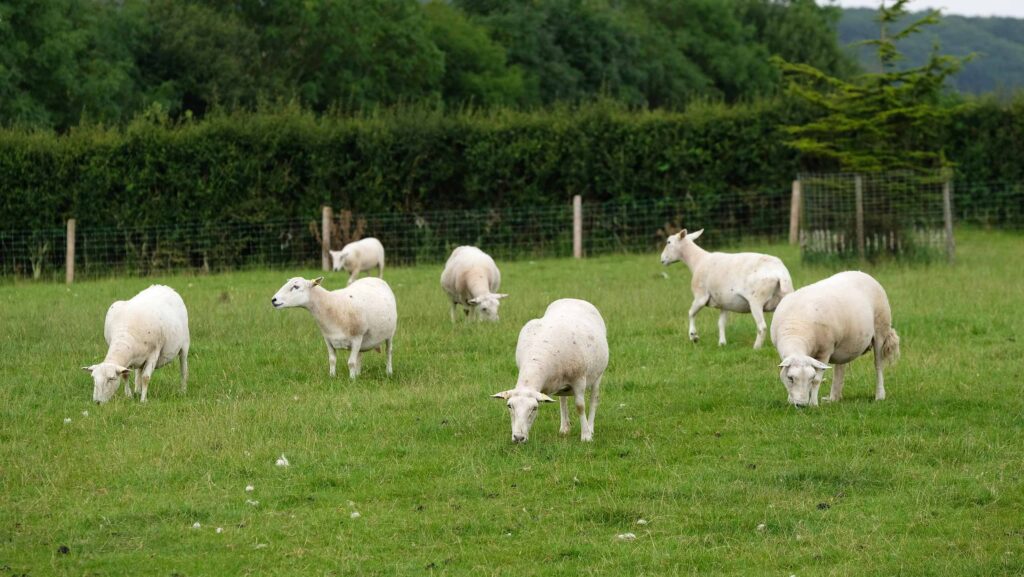Bluetongue restricted zone declared in Norfolk and Suffolk
 © Tim Scrivener
© Tim Scrivener Restrictions on the movement of animals across Norfolk and Suffolk have been introduced following further confirmed cases of bluetongue virus.
The total number of cases of bluetongue virus (BTV-3) stands at 10 infected premises, with the disease now confirmed in 27 animals.
Defra says movement restrictions apply to all cattle, sheep and camelids, including llamas and alpacas, moving out of the zone, and to the movement of their germinal products like semen within the zone.
See also: Q&A: All you need to know about bluetongue disease
Essential moves of susceptible animals can take place without a licence within the restricted zone, but cannot be moved out of the zone without a specific licence. A general licence to move animals to designated abattoirs is also available.
Stay vigilant
Defra is urging farmers and their vets to remain vigilant and report any suspicions of disease in their animals to the Animal and Plant Health Agency (Apha) immediately.
UK chief veterinary officer Christine Middlemiss said: “Following an increased number of bluetongue cases, we have declared a restricted zone across Suffolk and Norfolk.
“This means all keepers in these regions must urgently act now to both prevent the disease spreading to their herds and any further. Farmers are urged not to move animals within the zone unless it is absolutely necessary.”
Phil Stocker, chief executive of the National Sheep Association (NSA), told Farmers Weekly that the confirmed cases were a mixture of sheep and cattle.
“Defra has scrapped the temporary control zone and created one large restricted zone for Norfolk and Suffolk,” he stressed.
“We are starting to see more cases. There have been more cases in sheep than cattle. Most sheep are displaying clinical signs of disease, cattle less so.
“The experience of farmers in The Netherlands is that bluetongue is affecting sheep more than cattle. If they are not showing any clinical signs it could go unnoticed, but cattle can carry the disease and pass it on.”
In East Anglia, Mr Stocker said most of the sheep movements around this time of year would generally involve stock moving in, such as breeding stock or store lambs. “It is a risk bringing valuable animals in, in case they catch the disease,” he added.
Vaccine latest
Discussions are ongoing at Defra and the authorities over whether to grant approval for emergency use of a vaccine against BTV-3 in the UK.
“It looks like a vaccine may be approved, but farmers on the continent report it has not been as effective as they would have liked,” said Mr Stocker.
“Even if a vaccine is approved, it will take another 10 days to two weeks for animals to build up any immunity after being administered.”
Surveillance is under way to understand if the virus is currently circulating in the UK and the extent of any undisclosed disease. Given the current temperatures and midge activity, which spreads the disease, Defra says there is a high risk of onward spread in the UK.
BTV-3 is a notifiable disease and suspected cases in England must be reported to Apha on 03000 200 301 or in Wales to 03003 038 268. In Scotland, farmers should contact their local Field Services Office if they suspect bluetongue.
